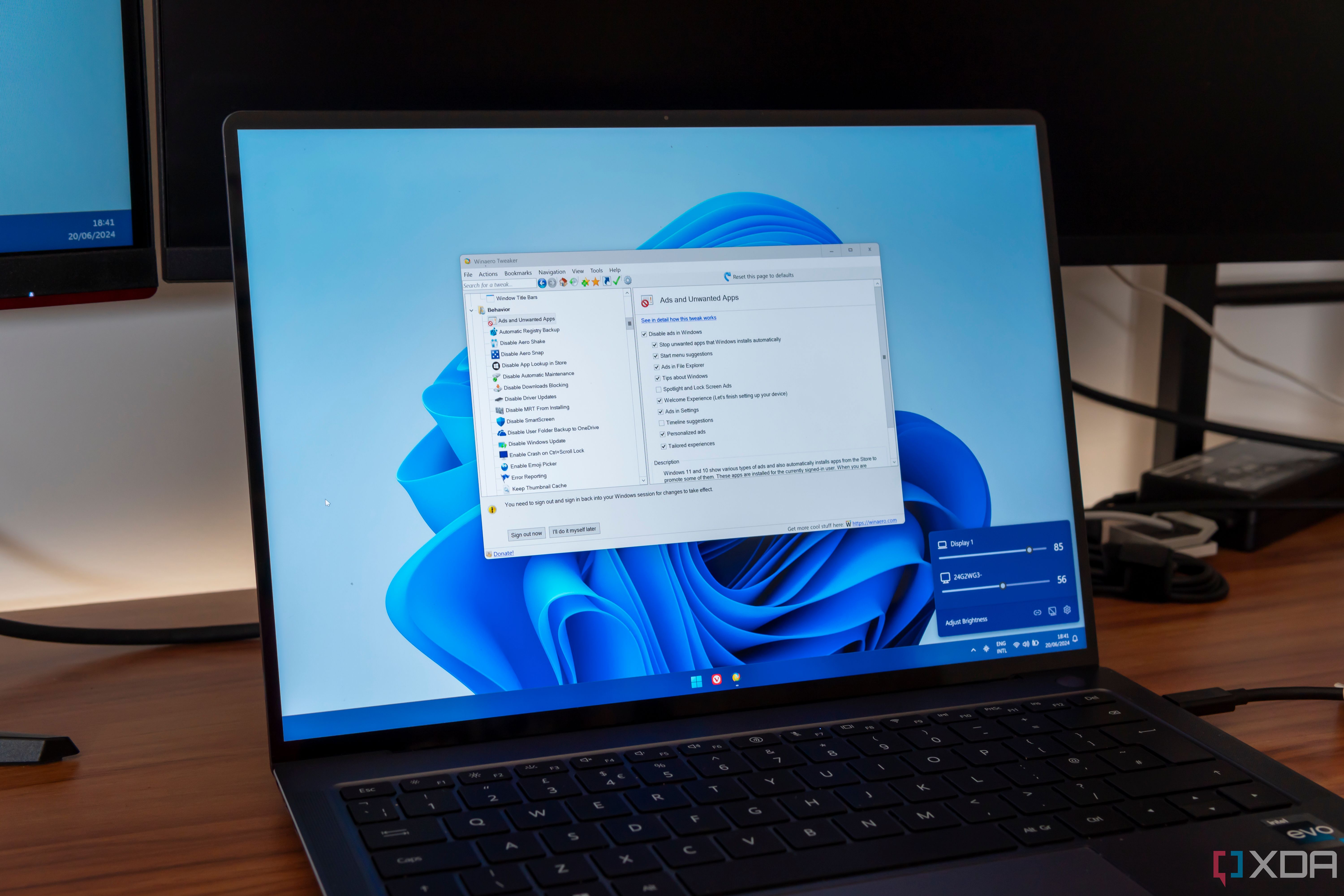- Microsoft removes guide on converting Microsoft accounts to Local, pushing for Microsoft sign-ins.
- Instructions once available, now missing - likely due to company’s preference for Microsoft accounts.
- People may resist switching to Microsoft accounts for privacy reasons, despite company’s stance.



The process is actually simple.
It can be a little daunting at first because it’s new, but don’t let that discourage you. You can mostly ignore the whole mirrors thing, just pick one that is geographically close to you to hopefully get a better download speed. Outside of that, all the mirrors lead to the same file just in a different physical location.
Installing another software to make a bootable drive. You can use Rufus, which has a portable version so there’s no need to install it. I put a link below, there’s one in the downloads list that says portable.
https://rufus.ie/en/
There are plenty of step by step tutorials out there, however since Linux is very open, a lot of guides may give different advice and knowing what to/not to do can feel confusing. (For instance, if you have an SSD in your computer, you really shouldn’t use a swap partition unless you absolutely have to due to limited RAM.) In most cases though you can get by with the defaults when installing something like mint.
That being said. You could simply make the boot stick and try out the live version of the OS before committing to wiping any of your drives to install the OS. Just know that running the live version from the boot stick will be slow, it may take a little time for things to boot which is normal since you are running the os off of a USB stick.
If you would like some help I could try to give you some guidance. I would just want to know the specs/model of your computer so I can make sure I lead you in the right direction.
Appreciate the link!
Rufus is what the instructions said to download and then a list of prompts to enter in the command line. I understand none of those prompts, literally a completely different language.
I am using an old laptop that has windows 7 on it. Figured it didn’t matter if I screwed that up since it was old and not in use.
What instructions are you following? Last time I used Rufus on Windows, it had a graphical interface with reasonable default settings and zero messing around on the command line. (I mean, I sometimes did once I was booted into Linux, but I was using distros where that’s not unexpected.)
deleted by creator
I wanted to add an additional reply thanking you again for the screenshots.
These visuals helped put the worded instructions in context for me so I was successful in creating and installing the bootable drive.
I just downloaded rufus and a mint iso, here’s a couple screen grabs.
Launch rufus, and plug in your usb stick, it should show up under device.
From there click select on the right side. Browse to where you have the ISO you got from the linux mint website and select it.
Once you get back to the other screen hit start.
You shouldn’t need to mess with any settings unless you are using secure boot.
Once that’s done, you should restart and boot from the USB stick. Depending on the model of your laptop there are different methods to get into the bios to change the settings to allow booting from usb. If it goes into grub mode it will look like a command prompt with a few selections. Just hit enter on the first option and it will boot into the live usb.
Once you are in the live usb mode, it’s basically all gui to install, test, etc.
Nowadays the terminal stuff is not really needed for basic use, so you should be able to get spun up pretty easy.
Thanks for the screenshots! I have saved this comment for reference. I plan to try again tomorrow. Fingers crossed.
Let us know how it goes, and if you have any further questions, feel free to give us a shout!
I wanted to add an additional reply thanking you again for the screenshots.
These visuals helped put the worded instructions in context for me so I was successful in creating and installing the bootable drive.